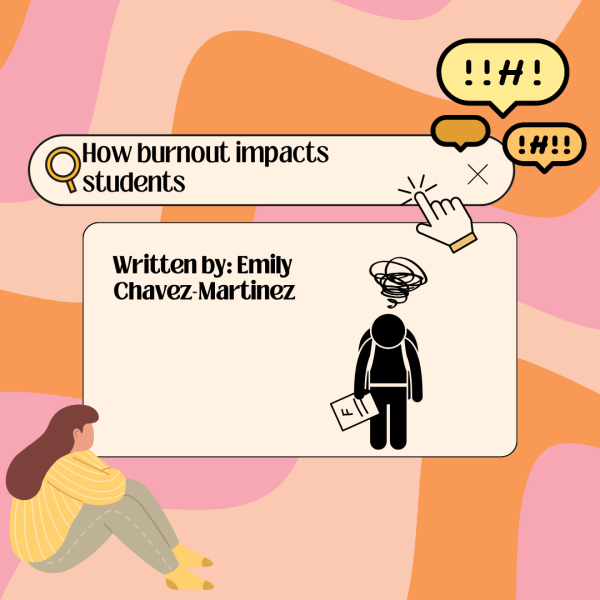Impact of Stress on the Body
Stress can cause many problems if left ignored or untreated. “Stress affects all systems of the body including the musculoskeletal, respiratory, cardiovascular, endocrine, gastrointestinal, and nervous system.” Stress effects on the body. Although stress is something we experience mentally, it affects our bodies physically as well.
Musculoskeletal System
When experiencing stress, our muscles tense up. If a person does not have chronic stress, the muscle tension subsides. The reason this happens is because our body tenses up when we try and protect ourselves from any pain or injury. When someone has chronic stress, our bodies are in a constant state of muscle tension. When tense for extended periods of time, our bodies will trigger different reactions of the body. Chronic stress can cause headaches and migraine headaches because of the tension. Another trigger that can happen is pain in the lower back, shoulders, and neck. The pain you experience can be linked and caused by stress and job stress. Stress effects on the body.
The different ways to help and relieve the muscle tension caused by stress are to practice stress-relieving activities and stress-relieving methods. They have been shown to help improve mood and daily function for people with chronic stress. Stress effects on the body.
Respiratory System
The ways stress can affect people’s respiratory system are shortness of breath and rapid breathing. Psychological stressors can increase people’s breathing problems for people with pre-existing diseases such as asthma and chronic obstructive pulmonary disease. In Stress effects on the body., studies has shown that asthma attacks can be caused by the death of a loved one. Stress can also cause panic attacks, rapid breathing, or hyperventilation.
Ways to help relieve and try to fix this problem are by talking to a psychologist to develop strategies for cognitive behaviors, relaxation, and breathing. Stress effects on the body.
Cardiovascular System
When experiencing acute stress, your heart rate can increase and can cause stronger contractions of the heart. The blood vessels direct blood to the large muscles and can cause the heart to dilate. This increases the amount of blood pumped to the body. While this happens, your blood pressure increases. Like the fight or flight response. When experiencing stress for long periods of time, it can cause long-term problems for your heart and blood vessels. There being a consistent increase in heart rate, elevated stress hormones and blood pressure, can cause a lot of problems for your body. Stress can increase the risk of hypertension, heart attack, or stroke. Stress effects on the body.
To help reduce stress, try and learn some stress-relieving techniques. Try to lower your heart rate and learn to help keep your heart healthy.
Endocrine System
Having stress can increase steroid hormones called glucocorticoids and include cortisol, referred to as the stress hormone. When you experience a stressful event, you get the production of cortisol. The amount of cortisol you get from that event is enough to deal with prolonged and extreme challenges. Both glucocorticoids and cortisol are important for regulating the immune system and reducing inflammation. Chronic stress can result in impaired communication between the development of physical and mental health conditions. These can include chronic fatigue, metabolic disorders, depression, and immune disorders. Stress effects on the body.
Gastrointestinal System
Stress can affect your brain-gut communication. It can trigger pain, bloating, and other gut discomfort more easily than normal. Stress in one’s early life can change the development of the nervous system and how the body reacts to stress. This can cause gut diseases and dysfunction. When experiencing stress, people may eat more or less than usual. Sometimes, it can increase the use of alcohol and tobacco and can result in acid reflux and heartburn. Stress and exhaustion can also cause an increase in heartburn. Stress can also cause difficulty in swallowing food and an increase in swallowing air. Increasing burping, gassiness, and bloating. Stress can cause pain, bloating, nausea, and other discomfort. Stress can sometimes cause stomach ulcers as well. It can also make the pain of bloating and discomfort more prominent. It also changes and affects the way food moves throughout your body. Stress effects on the body.
Nervous System
When experiencing stress, the body shifts its energy toward trying to fight off a life threat to try to escape an enemy. Our bodies release hormones called adrenaline and cortisol. Those hormones cause the heart to beat faster, respiration to increase, blood vessels in your arms and legs to dilate, digestive process to change and glucose levels in the bloodstream to increase. Our body does this because it thinks it is in an emergency. Chronic stress over an extended period can cause a long-term drain on the body. Stress effects on the body.
Your donation will support the student journalists of Dakota High School. Your contribution will allow us to purchase equipment and cover our annual website hosting costs.

This is Whitney's first year publishing for the Dakota Planet. Her interests are music, reading, watching tv, and hanging out with friends. Her vision...










